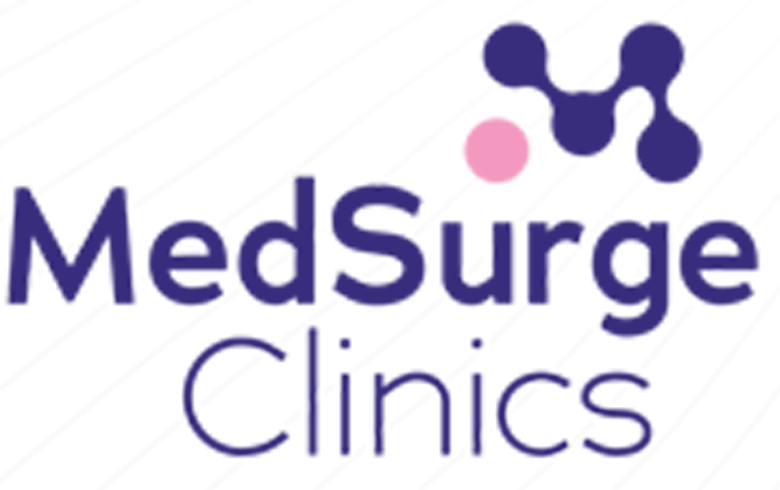
Breast cancer is a complex disease, and while we don’t know exactly why it happens, there are certain things that can increase a person’s chances of getting it. By knowing these causes, we can take steps to lower our risk and make better choices for our health. In this article, we’ll explore some common factors that contribute to breast cancer.
1. Genetic Factors:
- Gene Mutations: Some people inherit changes in specific genes called BRCA1 and BRCA2, which can raise the risk of breast and ovarian cancers.
- Family History: If a close family member like a parent or sibling has had breast cancer, it can slightly increase your risk too.
2. Hormonal Factors:
- Estrogen Exposure: Being exposed to estrogen for a long time, either naturally or through hormone replacement therapy, can raise the risk of breast cancer.
- Early Start, Late Finish: Starting periods at a young age (before 12) or going through menopause later (after 55) slightly increases the risk.
- Hormone-related Conditions: Some conditions like polycystic ovary syndrome (PCOS) or endometriosis may also be linked to a higher risk.
3. Lifestyle and Environmental Factors:
- Alcohol: Drinking too much alcohol regularly has been linked to a higher risk of breast cancer.
- Obesity: Being overweight, especially after menopause, increases the chances of developing breast cancer.
- Lack of Exercise: Not being physically active enough can also contribute to a higher risk.
- Environmental Factors: Exposure to certain chemicals found in pesticides or industrial pollutants may play a role.
4. Reproductive Factors:
- Late or No Pregnancy: Having the first pregnancy after 30 or never being pregnant slightly raises the risk.
- Long-term Birth Control Pill Use: Using oral contraceptives for a long time has a small link to increased risk.
5. Other Risk Factors:
- Age: The chances of breast cancer go up as we get older, with most cases happening after age 50.
- Personal History: If you’ve had breast cancer before, the risk of getting it again is higher.
- Radiation Exposure: Having radiation therapy in the past, especially at a young age, raises the risk.
cancer is a complex disease influenced by factors like genes, hormones, lifestyle choices, and our environment. While we can’t change some risk factors like age or genetics, we can make choices to lower our risk. Regular check-ups, self-breast examinations, maintaining a healthy weight, limiting alcohol intake, and staying active are important steps to reduce the risk of breast cancer. Early detection and proactive management are crucial in fighting breast cancer and improving treatment outcomes. By understanding the causes and taking preventive measures, we can protect ourselves and prioritize our health.


